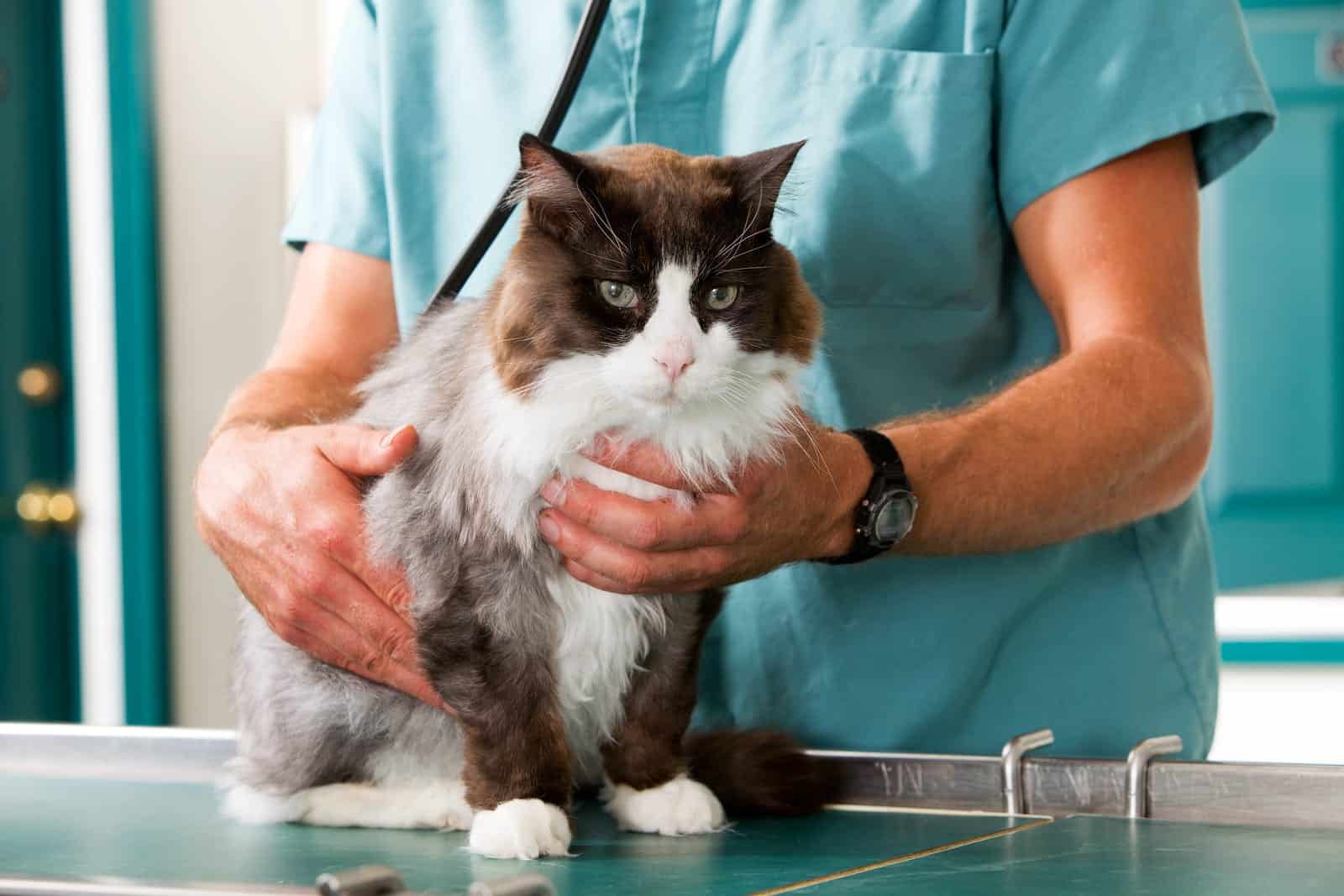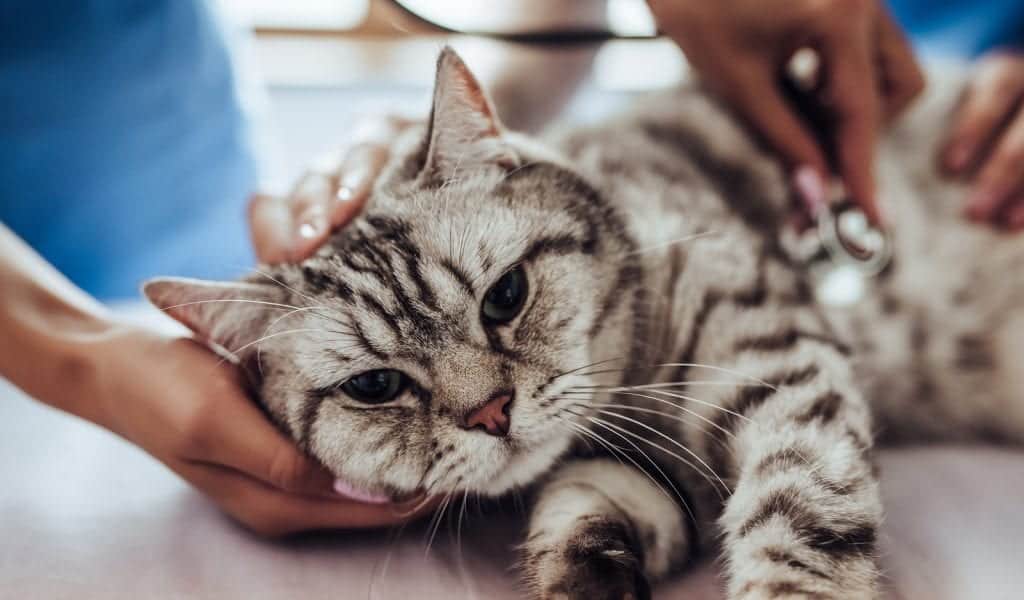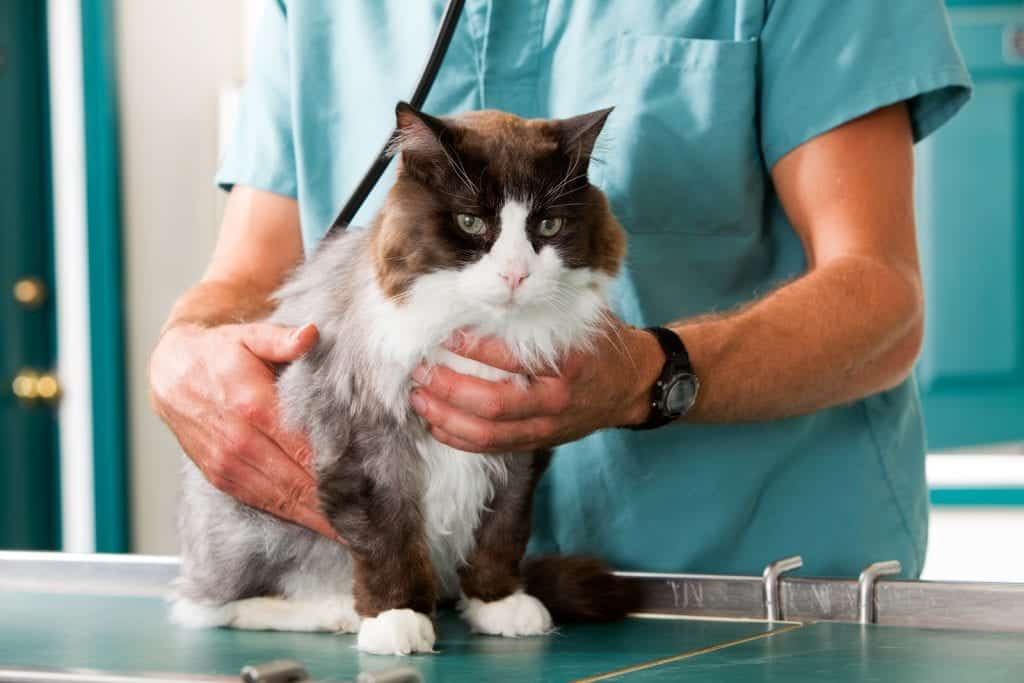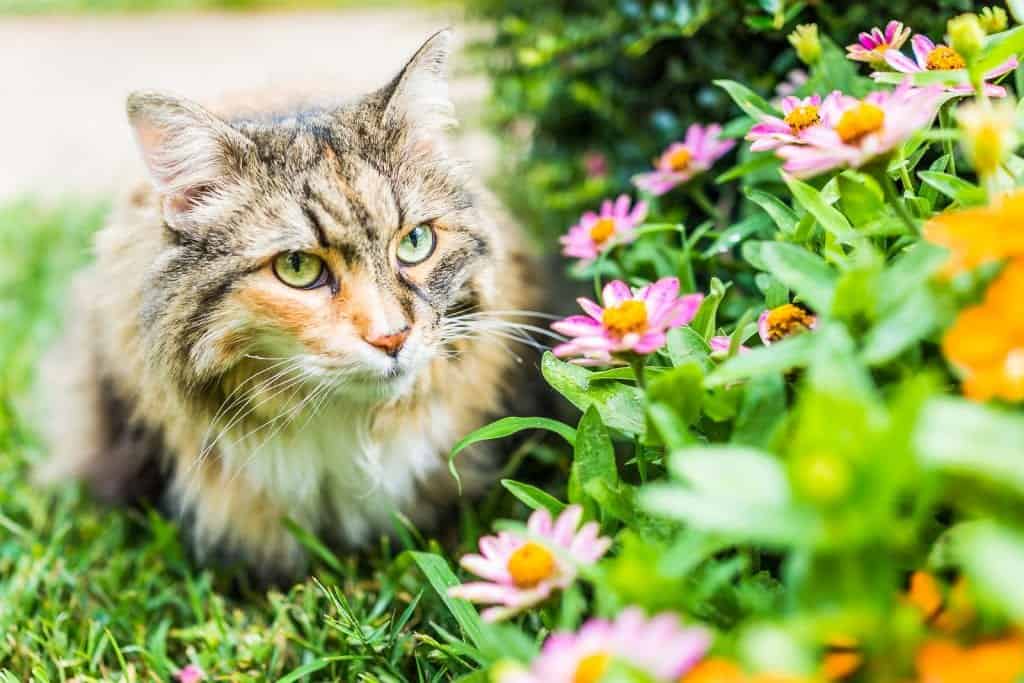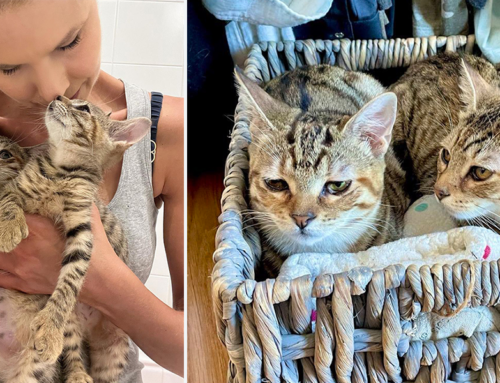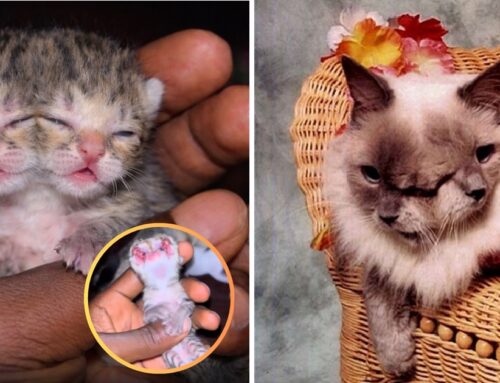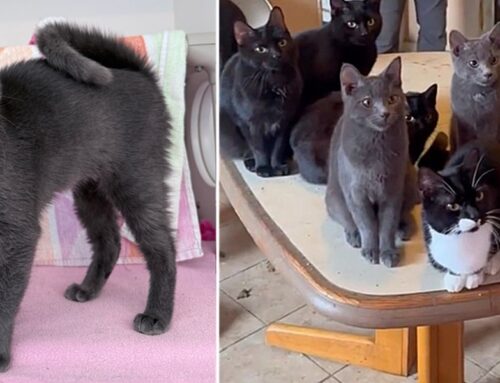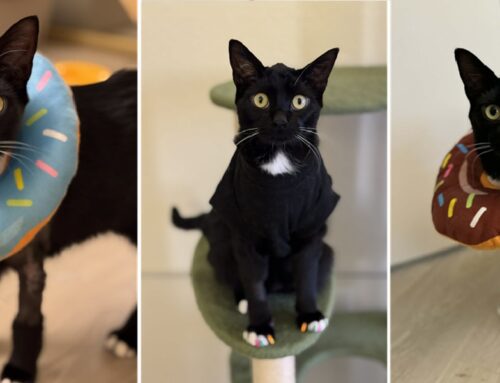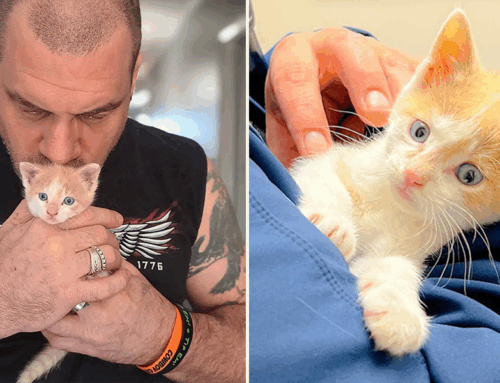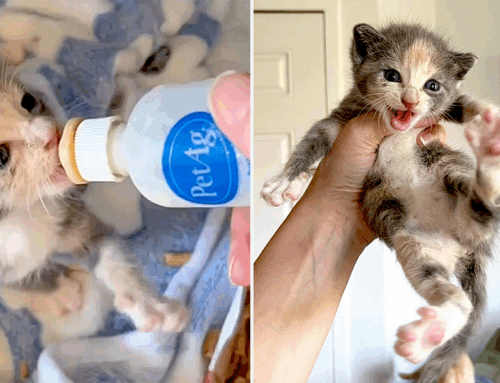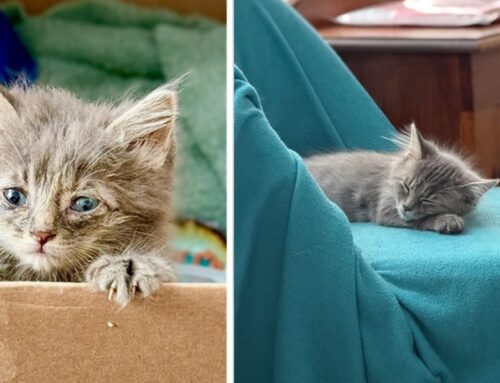There’s a popular myth that cats don’t require the same amount of veterinary care as dogs. Some owners assume these self-sufficient creatures are fine unless they show obvious signs of sickness, and they fail to keep up with regular vet appointments. If you have a feline friend in your home, it’s important to look past these misconceptions and get your cat the care he or she needs.
Kitten Care
Schedule an appointment with your vet as soon as you take your new kittens home for their initial check-up. At this time, you can discuss the appropriate schedule for your kitten’s first year. If your fur baby is less than four months old, he or she will likely need monthly visits up through this age.
Most cats are spayed or neutered at around six months, but if your kitten is from a shelter, they may have done the procedure much earlier, before you took the cat home. After one year of age, you can transition to an adult schedule for your vet visits.
Adult Care
Adult cats should see the vet at least once a year for a check-up, dental cleanings and vaccinations. Cats hide pain and discomfort well, so it often takes the trained eye of a vet to see when something’s wrong.
There’s a common misconception that indoor cats aren’t exposed to any dangers and don’t need these shots. However, all cats need regular rabies and distemper vaccines. In come cases, these shots are good for up to three years. In this case, your vet can simply test your cat’s immunity level to make sure he or she is protected.
Elder Care
When your cat reaches about seven years of age, you should talk to your vet about the appropriate schedule for elder care. Between seven and 10 years, most cats need twice-yearly visits. After the age of ten, cats often see the vet as many as three times a year, particularly if they suffer from obesity, arthritis, liver problems, or kidney issues.
Special Concerns
You should always see your vet as soon as possible if you notice signs of discomfort or distress in your cat. These may include:
-
Changes in stool or urine
-
Changes in appetite
-
Increased vocalization
-
Lethargy
-
Increased avoidance of people
-
Limping or otherwise moving in a strange way
Changes in Lifestyle
If your cat’s lifestyle is about to change significantly, you should see the vet to make sure you’re prepared. This is particularly important if your indoor cat is about to get access to the outdoors. There are additional vaccines that your cat needs if he or she isn’t inside all the time. If you’re moving with a cat, a check-up before you leave will help you distinguish strange behaviors associated with the move from those that might indicate illness. Keep in mind that your vet is a valuable resource for all your cat’s major transitions.
Find a vet that you’re comfortable with and form a strong ongoing relationship. A vet that knows your cat well can give you a personalized schedule for check-ups that’s tailored to your furry friend’s individual needs.


